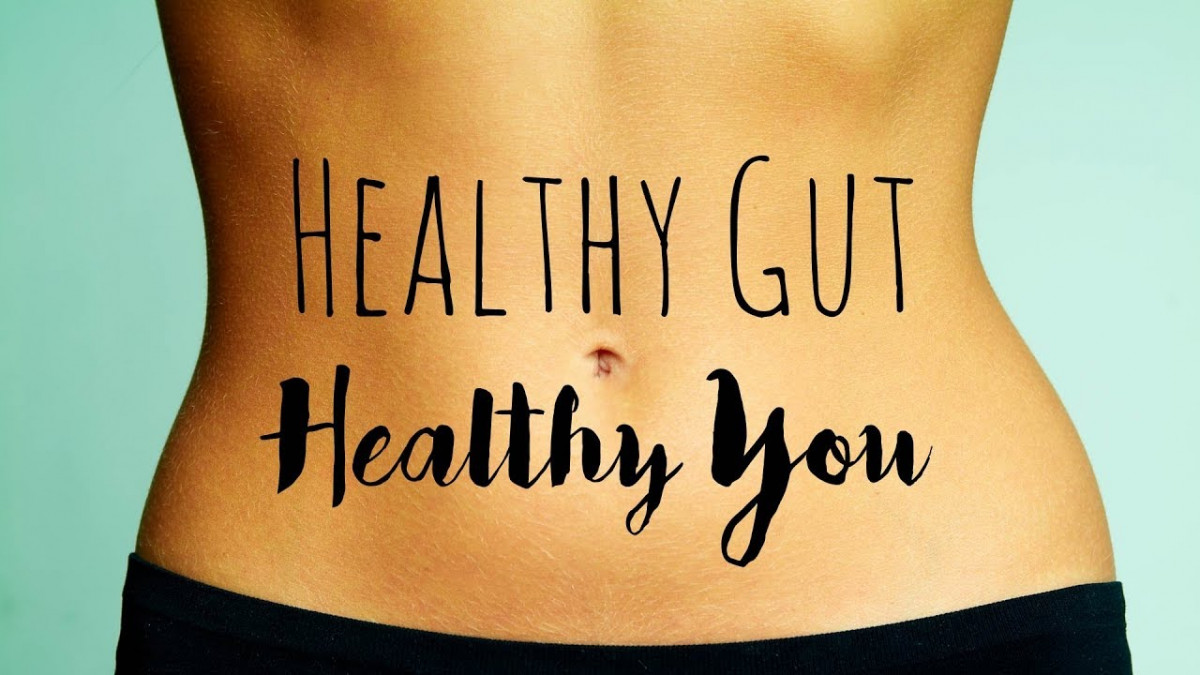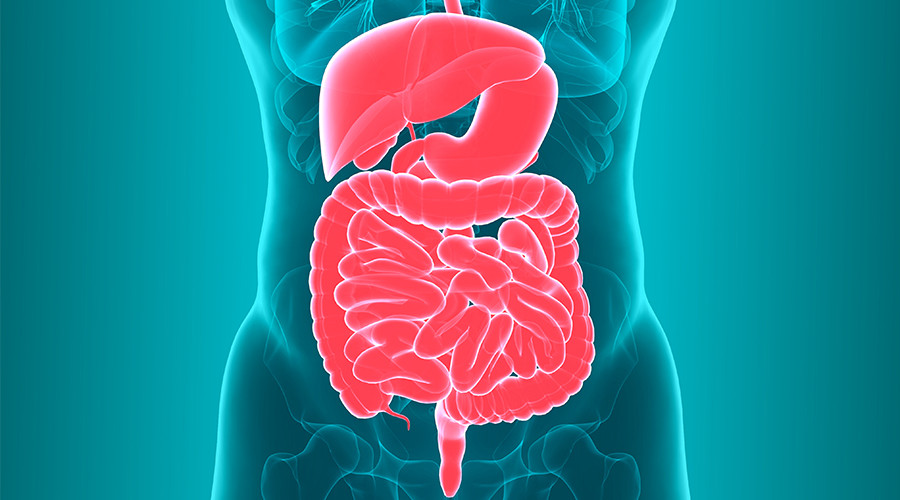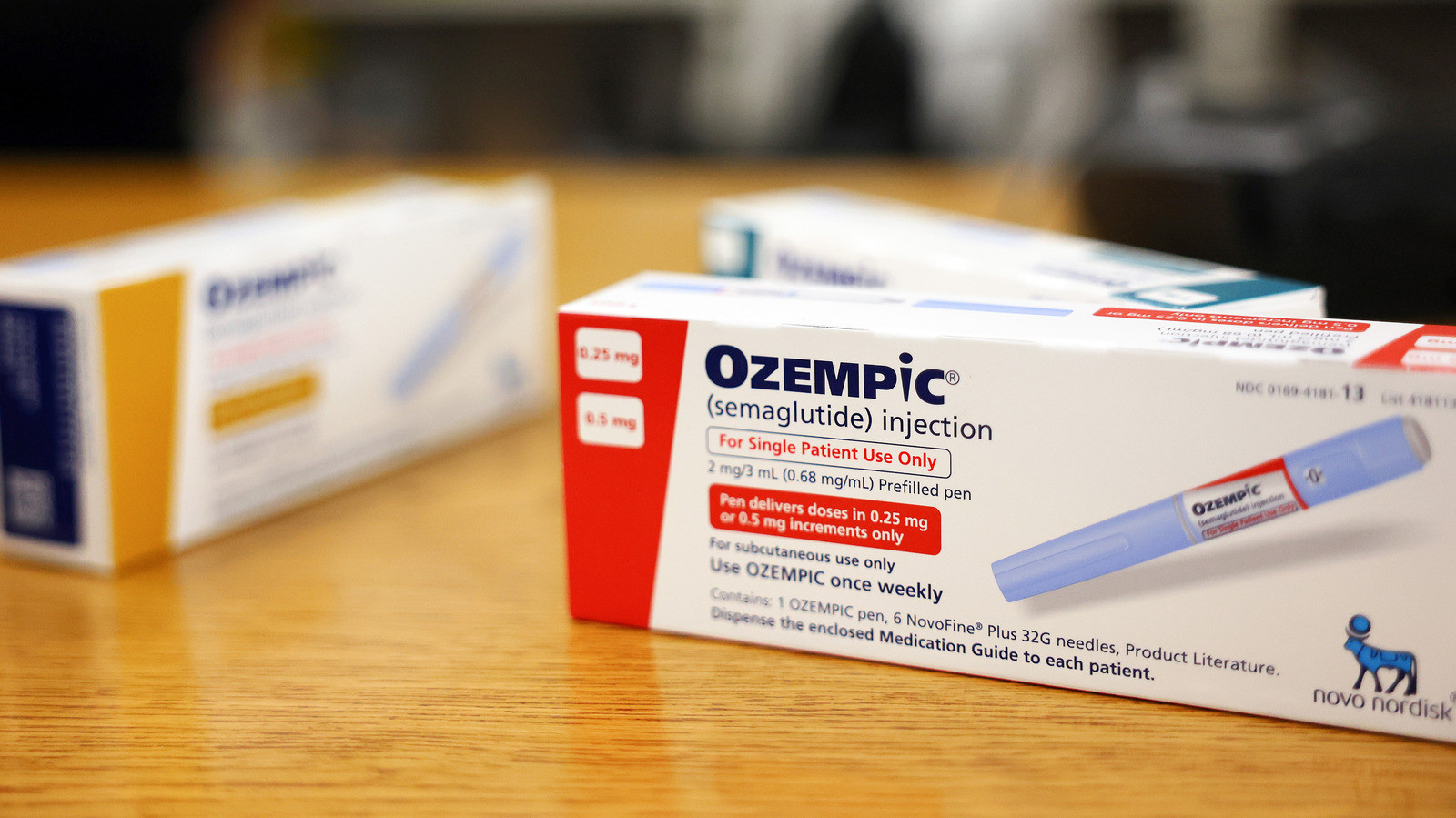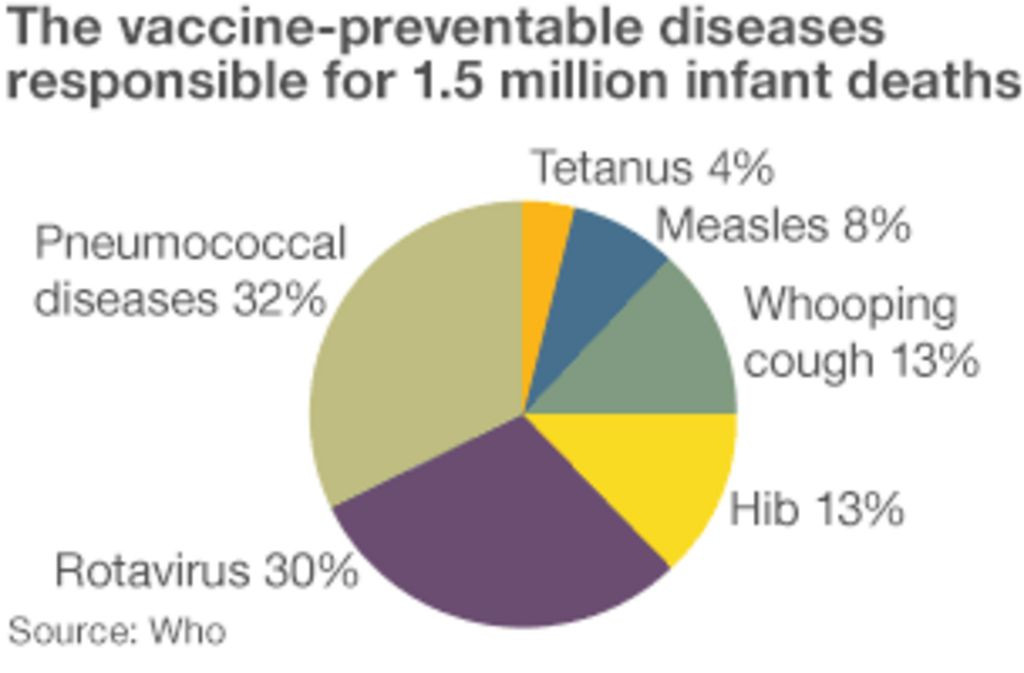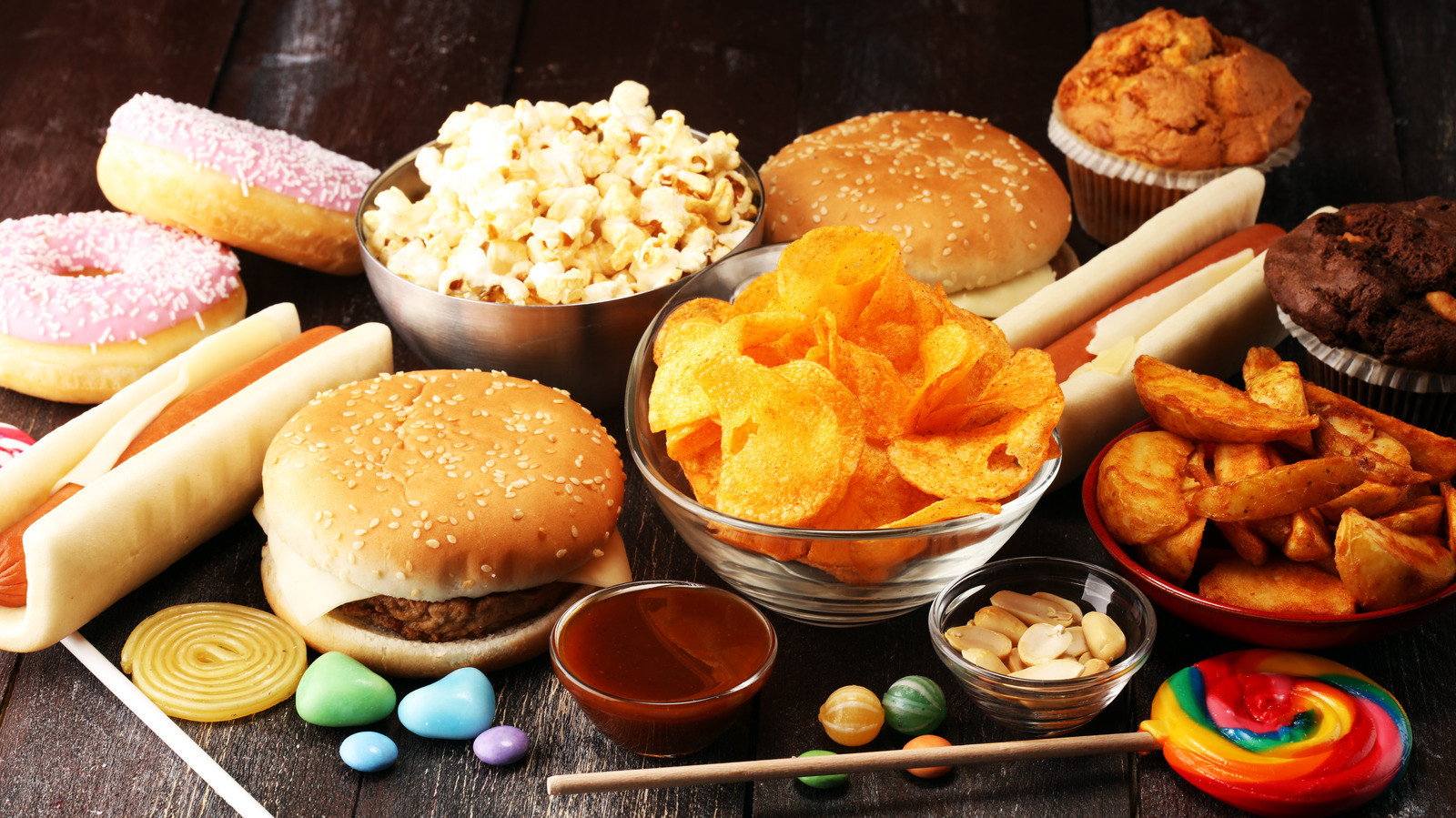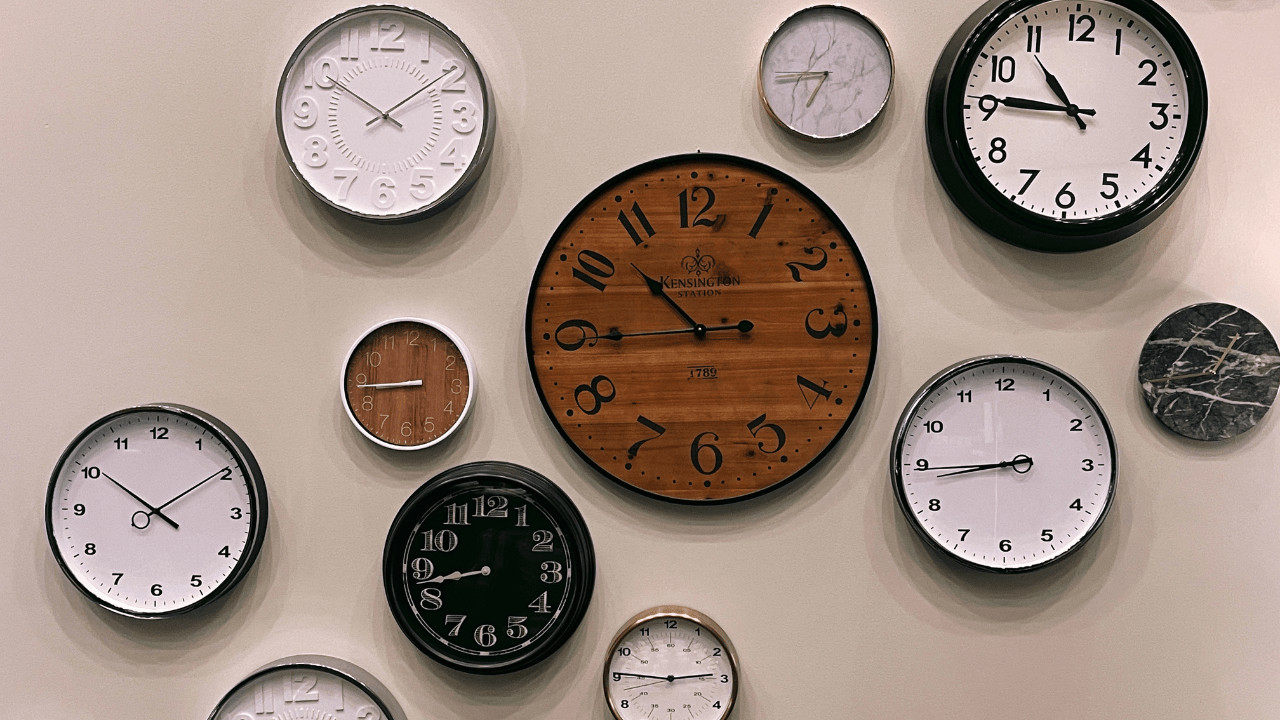A healthy gut and a hearty biome can benefit the body in myriad ways, aiding digestion, supporting energy levels and even influencing our personalities. Gut health hacks have become all the rage among Gen Z and millennial social media users, who regularly discuss reversing chronic belly pains through nutrient-dense, plant-based meals and beverages. However, one expert suggests that how we eat may be just as important as what we eat.
Megan Rossi, a registered dietitian and nutritionist, shared with HuffPost that the more we chew our food, the better off we are. “It really just comes down to digestion,” she told the outlet this week. “Not only do we start to physically break down food in our mouths, but we have enzymes in our saliva that start to chemically break it down.” Not chewing enough leaves food in large, undigested chunks, inviting ailments like diarrhea, gas, bloating, constipation and abdominal pain. In addition to digestion, more chews means we’re massaging more nutrients out of our food, which benefits our guts. Rossi explained: “One study looked at almonds, and they compared people who chewed the almonds 10 times versus 40 times. They showed that if you chewed them 40 times, you actually absorb so much more of that good nutrition … So chewing your food is really important for the extraction of a lot of that nutrition instead of pooping it out.” Experts say a slow, thoughtful munch also benefits weight loss, helping people recognize when they are full and preventing overeating. Being aware of the food in your mouth forces you to eat more mindfully, which is key to really enjoying it — and knowing when you’ve had enough.
So, how do you do the chew? Rossi noted that while several apps help people chew more mindfully, her approach focuses on mindset. “What I say to a lot of my clients at the clinic is, just focus on the first two mouthfuls of every meal,” she told HuffPost. “You’re never going to be doing 30 chews with every mouthful, but just focusing on the first two, and that starts to build the habit.” Rossi said as little as three extra chews can become the basis for better habits. “Count next time — literally count how many times you’re chewing [your mouthful of food] — and then add an extra three chews,” she said. “And then, every meal, just focus on the first two mouthfuls having that extra three [chews],” Rossi continued. “And then if every couple of weeks you can add an extra one or two chews, then by six months, you’re hitting quite a good number of chews.”
There’s no point in denying it: Gut health, in all its bloating, farting, and pooping glory, can be awkward to discuss in detail, whether we’re talking about with close friends or even medical pros. Many folks just don’t feel comfortable asking questions or calling attention to potential issues, making it easy to miss out on important intel that can help things move along that much more smoothly. Yep, the state of your stomach is a legitimate aspect of your overall well-being. Your gut can influence everything from your metabolism to your immune system to your heart health to your mood, according to Johns Hopkins Medicine—four of many, many, many reasons not to neglect it. To save you from having to ask any of the potentially uncomfy questions yourself, SELF spoke with five GI doctors about how they keep their digestive systems happy. Here are their biggest tips.
We hear over and over again that breakfast is the most important meal of the day, but Lisa Ganjhu, DO, a gastroenterologist at NYU Langone Health, really stresses that. “I like to think of our body as like a car. You want to start the day with a full tank of gas,” Dr. Ganjhu tells SELF. Not only does breakfast serve as a wakeup call for your gut, but eating it just overall sets you up for a better day. Usually Dr. Ganjhu will shoot for something protein-packed, like a chia pudding, a Greek yogurt parfait, or—her go-to—a whole-wheat or spinach wrap filled with cheese, veggies, and eggs, plus a mug of green tea. Since protein boosts satiety, you won’t be “constantly thinking about lunch,” she explains. If you skimp on that all-important macro in the morning, you may find yourself overeating later in the day, potentially hurting your energy levels as well as making you feel “more fatigued and a little lethargic.” Taking in enough protein early, though, can help stabilize your blood sugar levels and avoid an untimely crash—while possibly boosting your concentration for those important work tasks to come later too.
If you’re one of those people who likes to eat the same thing over and over again, Michael Schopis, MD, a gastroenterologist at the specialty care practice Manhattan Gastroenterology, has some (gentle) advice: Try to switch it up a bit. Varying what you have for meals and snacks (especially fruits, veggies, and whole grains) helps make sure you’re hitting your daily recommended fiber goal—think, roughly 20 to 30 grams a day—which guards against constipation and just helps your digestive system run more smoothly, Dr. Schopis tells SELF. But there’s another benefit too: Getting out of a food rut means you’re more likely to get all the different micronutrients your body needs to function at its best, he says. Take your regular Romaine salad. Maybe you bulk it up with some spinach one day—that’ll give you a good amount of iron, manganese, zinc, and magnesium—but add shredded carrots, which are rich in vitamin A, the next. Vitamins and minerals like these play a pivotal role in the makeup and overall health of your gut microbiome. One study found that regardless of what type of diet they followed, people who ate more than 30 different types of plants per week had more diverse gut microbiomes than those who ate 10 or fewer types per week. That’s important since increasing the diversity of flora in your gut has been shown to protect against a host of health conditions, Dr. Schopis says—think type 2 diabetes or even colorectal cancer.
Yep, eating enough fiber is a tried-and-true strategy for preventing constipation, but staying hydrated is equally as crucial, according to Savanna Thor, DO, MPH, assistant professor of medicine at SUNY Downstate Health Sciences University and the director of the GI fellowship program. If you don’t drink enough water, your stool can dry out, causing discomfort and making it harder to poop, she says. To avoid that, Dr. Thor tries to take a few large refillable bottles of water to the office each day. “If I can see my water bottles and if they’re still full, I know I need to drink more,” she explains. That said, there’s no need to panic if you don’t quite manage that eight-glasses guideline you’ve probably heard: That benchmark isn’t a hard-and-fast rule, “just a good general metric,” Dr. Thor says.
Hop on your exercise bike or lace up your running sneakers, because “getting your heart rate up and your blood flow going” can do a lot for your digestive health, Shazia Siddique, MD, MSHP, an assistant professor of gastroenterology at the University of Pennsylvania’s Perelman School of Medicine, tells SELF. It can “help with reducing bloating and constipation so that you also have more regular bowel habits.” Not only does cardio increase blood flow to the gut, which amps up digestive activity, she says, but it also physically strengthens those muscles and might even enhance the bacterial diversity in your gut microbiome —which, like we mentioned before, brings a bunch of health benefits. If you have trouble setting aside a dedicated block of time for exercise, you can always work it into your daily routine in brief bursts. For example, Dr. Siddique sometimes takes virtual calls while riding her Peloton or jogs up and down a few flights of stairs in her office building between meetings. These frequent movement breaks can also benefit your gut, since sedentary spells can mess with your digestion.
To be clear, NSAIDs—a popular class of painkillers that includes medicine-cabinet staples like aspirin and ibuprofen—are an important tool in the medical arsenal. They can “relieve symptoms of fever, pain and swelling and can help treat muscle aches, back pain, toothaches, and menstrual cramps,” Tom Ullman, MD, the chief of the gastroenterology division at Montefiore Einstein and professor of gastroenterology at Albert Einstein College of Medicine, tells SELF. However, overuse NSAIDs, and they can be a major risk factor for peptic ulcer disease, since they can “directly irritate the stomach’s lining, therefore creating conditions for ulcers to form more easily,” Dr. Ullman says. In severe cases, these ulcers can result in life-threatening complications, like bleeding and perforation. In fact, Dr. Ullman first became aware of the dangers during his GI fellowship, when he had to wake up in the middle of the night to attend to patients who were bleeding out. (In addition to peptic ulcer disease and other serious conditions, overusing NSAIDs can also cause more mild—but still annoying—side effects, like heartburn, bloating, stomach pain, diarrhea, and constipation.) That said, the risks are realistically pretty low for people who only use NSAIDs every now and then and take no more than the recommended dose, so there’s no need to skip the Aleve next time you have bad period cramps. Just be mindful of the risks, and make sure you don’t go overboard, Dr. Ullman says.
There are countless reasons to desire a healthy gut. Achieving and maintaining a robust microbiome — the trillions of beneficial bacteria and the useful chemicals they’re producing — in the lower section of our gastrointestinal tracts can aid our bodies with everything from battling pathogens to bettering our mental health. But how do we do it? “What I get people to do is, firstly, think about diversifying their plants and trying to get 30 different kinds of plants across the week,” Megan Rossi, a Ph.D. holder and registered dietitian who is known in some circles as the “queen of gut health,” recently told us — Raj Punjabi and Noah Michelson, the co-hosts of HuffPost’s “Am I Doing It Wrong?” podcast. Rossi said that those plants should come from what she calls “the super six”: whole grains, nuts and seeds, vegetables, fruits, legumes, and herbs and spices. “If we want this diverse range of bacteria in our gut, which has shown to have a diverse range of skills and kind of like superpowers, then we need to feed them that diverse range of fertilizers, otherwise they’ll die off — they won’t grow,” she said. Rossi, the founder of The Gut Health Clinic in London, also gave us a tip for better gut health that’s useful no matter what you’re putting in your mouth: Chew your food more. “It really just comes down to digestion,” she said. “Not only do we start to physically break down food in our mouths, but we have enzymes in our saliva that start to chemically break it down.” Research shows that the more masticating we’re doing, the more nutrients we’re coaxing out of our food, which is good for our guts. “One study looked at almonds, and they compared people who chewed the almonds 10 times versus 40 times,” Rossi told us. “They showed that if you chewed them 40 times, you actually absorb so much more of that good nutrition. ... If you only chew them like 10 times, you’re malabsorbing a lot of it and not getting that full kind of health potential. So chewing your food is really important for extraction of a lot of that nutrition instead of pooping it out.”
However, for many of us, chewing more is easier said than done. “That’s hard to do,” Punjabi said. “I don’t tend to eat until I’m really hungry and I’ve counted — I will chew like six times [before swallowing].” “I’m right there with you,” Michelson agreed. “It’s like an entire hard-boiled egg is going down my throat like I’m an anaconda.” “I get it,” Rossi assured us. “There are loads of different chewing apps out there [to help people chew more and slower] but what I say to a lot of my clients at the clinic is, just focus on the first two mouthfuls of every meal. You’re never going to be doing 30 chews with every mouthful, but just focusing on the first two and that starts to build the habit. Then you kind of start to do more and more [chewing] in each meal that you’re having.” Rossi added that even just three extra chews could help lead to better chewing habits, which in turn can boost gut health. “Count next time — literally count how many times you’re chewing [your mouthful of food] — and then add an extra three chews,” she said. “And then, every meal, just focus on the first two mouthfuls having that extra three [chews]. And then if every couple of weeks you can add an extra one or two chews, then by six months, you’re hitting quite a good number of chews.”
Do you have the guts to follow this routine? Florida gastroenterologist Joseph Salhab is revealing his daily diet of fruit, fish, coffee and nuts, hoping it inspires his 1.7 million TikTok followers to adopt gut- and liver-friendly eating habits. “I try to stay away from fast food that’s greasy and fried,” Salhab says in a video posted Sunday to TikTok. “I’m not perfect, and I splurge sometimes, but I notice that when I cook myself, I tend not to overeat and I feel very nourished.” Salhab often starts his day with lemon water, lemon tea or fresh fruit. “People who eat more vitamin C tend to have a lower risk of gallbladder stones, better liver health and better gut bacteria,” Salhab says in the post. Vitamin C has been shown to increase levels of good gut bacteria and help keep the immune system strong. Besides lemons, vitamin C can also be found in oranges, grapefruit, kiwifruit, cantaloupe, strawberries, bell peppers, tomatoes, Brussel sprouts and broccoli. Aside from water and tea, Salhab drinks coffee to protect against gallstones and fatty liver disease. A 2022 scientific review found that coffee stimulates the release of cholecystokinin, a hormone that plays a key role in digestion. In an article published by the University of Chicago’s Steatotic Liver Disease Clinic, registered dietitian and nutritionist Annie Guinane recommends up to three cups of java a day to protect the liver. Salhab says he also eats two 1-ounce servings of tree nuts a week. “We know that people who eat more tree nuts tend to have a lower risk of colon cancer and a lower risk of fatty liver disease,” he explained. Tree nuts include almonds, Brazil nuts, cashews, hazelnuts, macadamia nuts, pecans, pine nuts, pistachios and walnuts. A 2017 study of Stage 3 colon cancer patients found that those who ate at least 2 ounces of nuts a week had a 42% reduced risk of cancer recurrence and a 57% lower chance of early death. Be careful not to consume too many Brazil nuts, though, as they are rich in selenium and can cause selenium toxicity. Nuts like walnuts, butternuts and hazelnuts are also good sources of omega-3 fatty acids, which are essential for our heart, brain and eyes. Research suggests that these “healthy” fats have a positive effect on liver fat metabolism as well. Salhab gets his fill from eating fish at least three times a week. And finally, Salhab tries to stay active, getting in either an evening bike ride or between 5,000 and 10,000 steps a day. “I notice this helps me digest better,” he said. “People who exercise more have a lower risk of liver disease, lower risk of gallbladder stones, better gut bacteria and healthy bowel movements.” Emily Feivor, a registered dietitian at Long Island Jewish Forest Hills Hospital, noted that Salhab’s diet is rich in fiber, “which has been shown to improve digestive health, lower total and LDL cholesterol levels and decrease the risk of cardiovascular disease.” “Only about 5% of Americans meet their daily 28-gram fiber recommendation set by the [Food and Drug Administration],” Feivor told The Post. “Fiber plays a crucial role to improve organ function, like the brain and liver, which results in a healthier you.”




